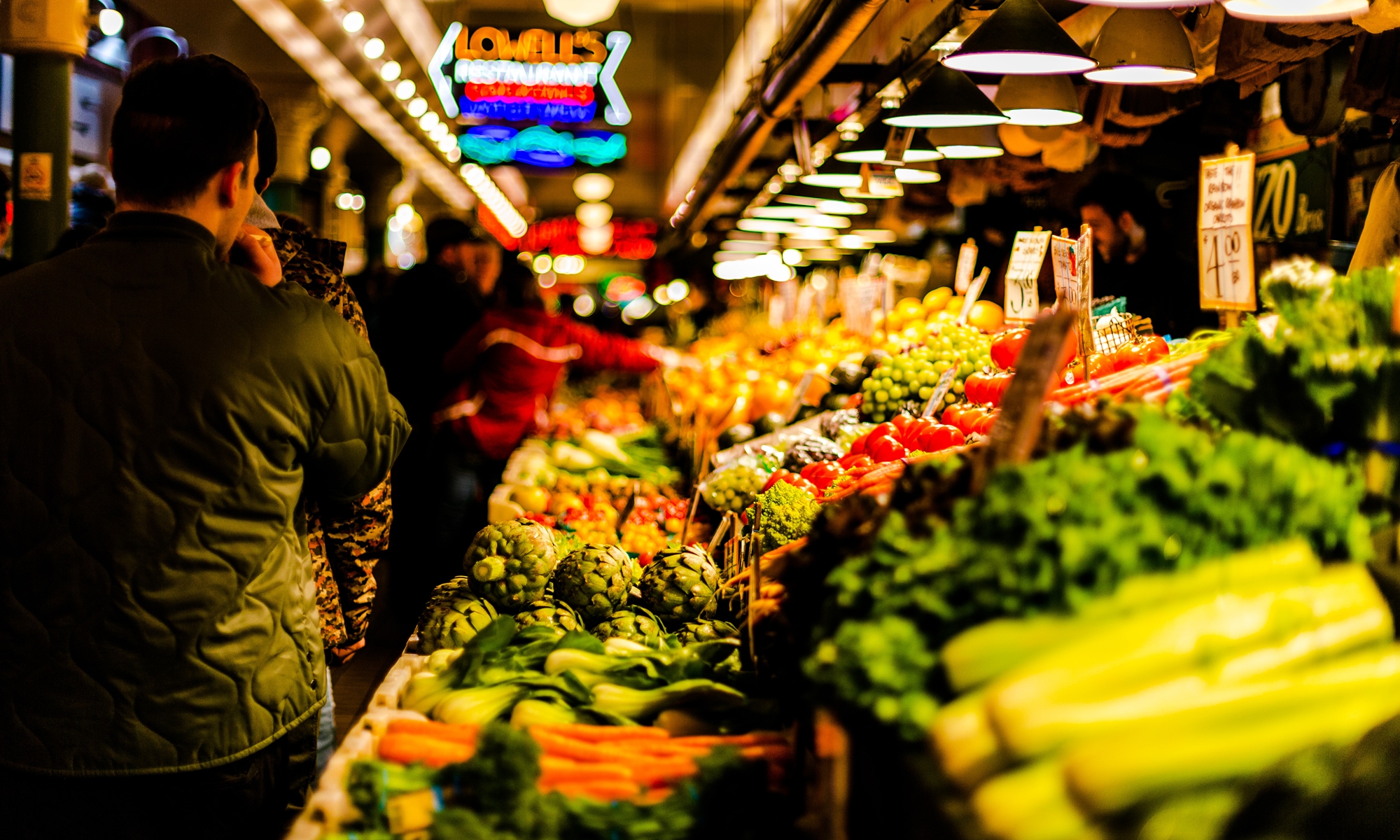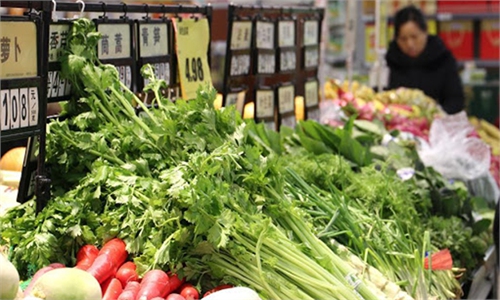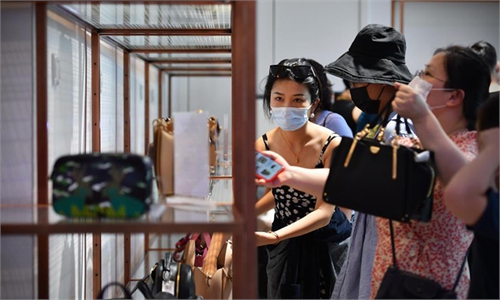China's November CPI down 0.5 percent, the first time the index has gone negative since 2010

Photo:Unsplash
China's consumer price index (CPI), the main gauge of inflation, was down 0.5 percent in November, compared with an October reading of 0.5-percent increase, according to data released by the National Bureau of Statistics (NBS) on Wednesday.
Analysts said that decreasing food prices have led to a drop in the CPI which is the first time the index has gone negative since 2010, but China's CPI will likely record positive growth before the second quarter of 2021.
Food prices dropped two percent on a yearly basis, pushing down the CPI by 0.44 percentage points, explained Dong Lijuan, a senior statistician at the NBS, adding that market demand is picking up.
Amongst food items, pork prices contracted 12.5 percent year-on-year, an expansion of 9.7 percentage points over the previous month, contributing to 0.6 percentage point of CPI fall.
Fresh vegetable prices rose 8.6 percent, while egg prices fell 19.1 percent on a yearly basis, as fruit prices went up 3.6 percent.
A large drop in food prices and non-food items, a turnaround on a 0.1 percent decline and last year's large increase, contributing to a drop in the CPI, the first time the index has gone negative since 2010, Liu Xuezhi, an economist at the Bank of Communications, told the Global Times Wednesday. "pork prices which have fallen sharply have pulled down food prices overall," he explained.
With the recent positive COVID-19 results found in cold-storage facilities, consumers are cautious when selecting imported cold-chain goods, which also contributed to the decline in the food prices, Dong Dengxin, director of the Finance and Securities Institute at the Wuhan University of Science and Technology, told the Global Times on Wednesday.
Core CPI for November, which excludes food and energy prices, rose 0.5 percent year-on-year, the same increase for the last five consecutive months according to Dong, the senior statistician at the NBS.
The growth in the core CPI reflects a rebound in China's service sector and consumption, said Liu, noting that China's CPI will likely see positive growth before the second quarter of 2021, as the country's recovery gathers speed.
But due to a recent outbreak of new case in parts of China, authorities will continue to enforce health and safety measures to control the epidemic, this will likely lead to a decline in consumption including in the tourism, catering, and transportation sectors, Dong said, the director.
In November, China's producer price index (PPI) fell 1.5 percent year-on-year, narrowing from 2.1 percent in the October. PPI measures the cost of raw materials to companies that produce goods, according to NBS data.
In November, industrial production recovered steadily, market demand and industrial product prices continued to rise," said Dong, the statistician.
"Following China's economic recovery, and the fact that the coronavirus pandemic has gradually been brought under control, it is expected that PPI will continue to pick up, and will possibly return to positive growth in the second quarter of 2021," said Liu.
According to a survey of 40 major industrial sectors, prices rose in 24 sectors, an increase of 12 sectors compared with October, mainly driven by the energy sector, according to the NBS.
Global Times


